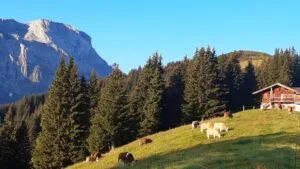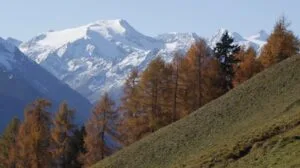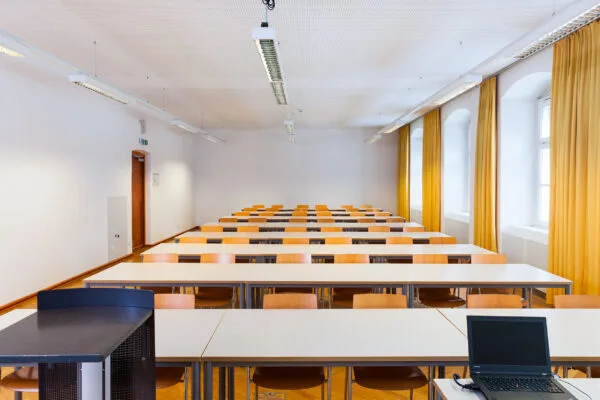Abstract/Description
Overlooking the diverse values associated with Nature’s Contributions to People (NCP) undermines efforts of Living Well in mountains. To address the lack of empirical evidence on this association, we combined the NCP and plural valuation frameworks to investigate how values are associated with groups of people sharing similar NCP preferences, referred to as NCP clusters. To this end, we conducted 623 surveys in the social-ecological system of a tropical mountain, i.e., Mount Kilimanjaro, Tanzania, comprising 362 smallholder farmers, 50 nature conservationists, 55 tour guides, and 156 tourists. Our results showed that the five NCP clusters we identified were relatable to specific social actors, but also socially heterogeneous. This suggests that strategies that aim to promote Living Well in mountains may not solely be centered on social actors, as often done, but rather on clusters of people united by common stakes in montane nature. Further, not just instrumental values but a broad array of intrinsic, instrumental, and relational values, i.e., a prominent value pluralism, was associated with preferences for material benefits provided by Mount Kilimanjaro’s ecosystems, while a less prominent value pluralism with preferences for non-material NCP, for example. These results reflect that no single framework fully captures the complexity of people-nature relationships. Instead, combining the NCP and plural valuation frameworks leverages ways forward for Living Well in mountains. For such strategies to be inclusive to the diverse clusters of people, it necessitates recognizing their distinct NCP preferences and diverse values through diversifying place-based approaches within wider social-ecological systems, including those of mountains.



